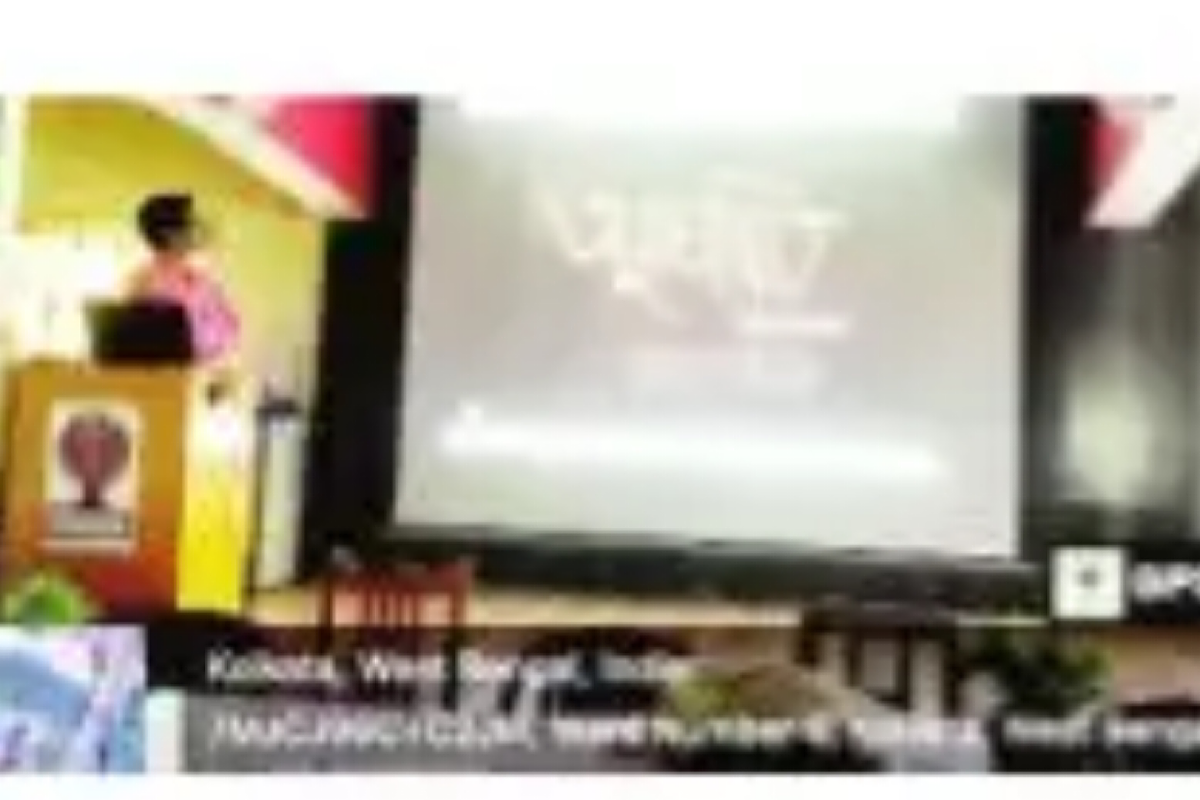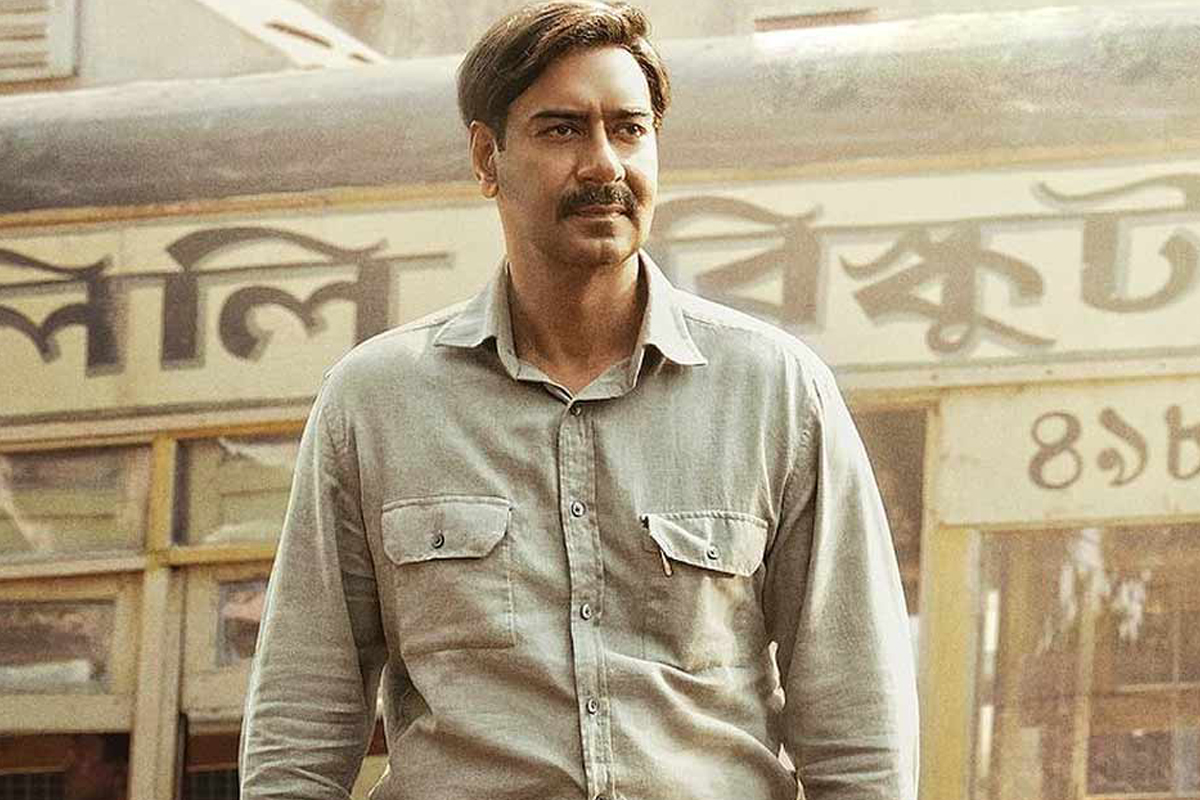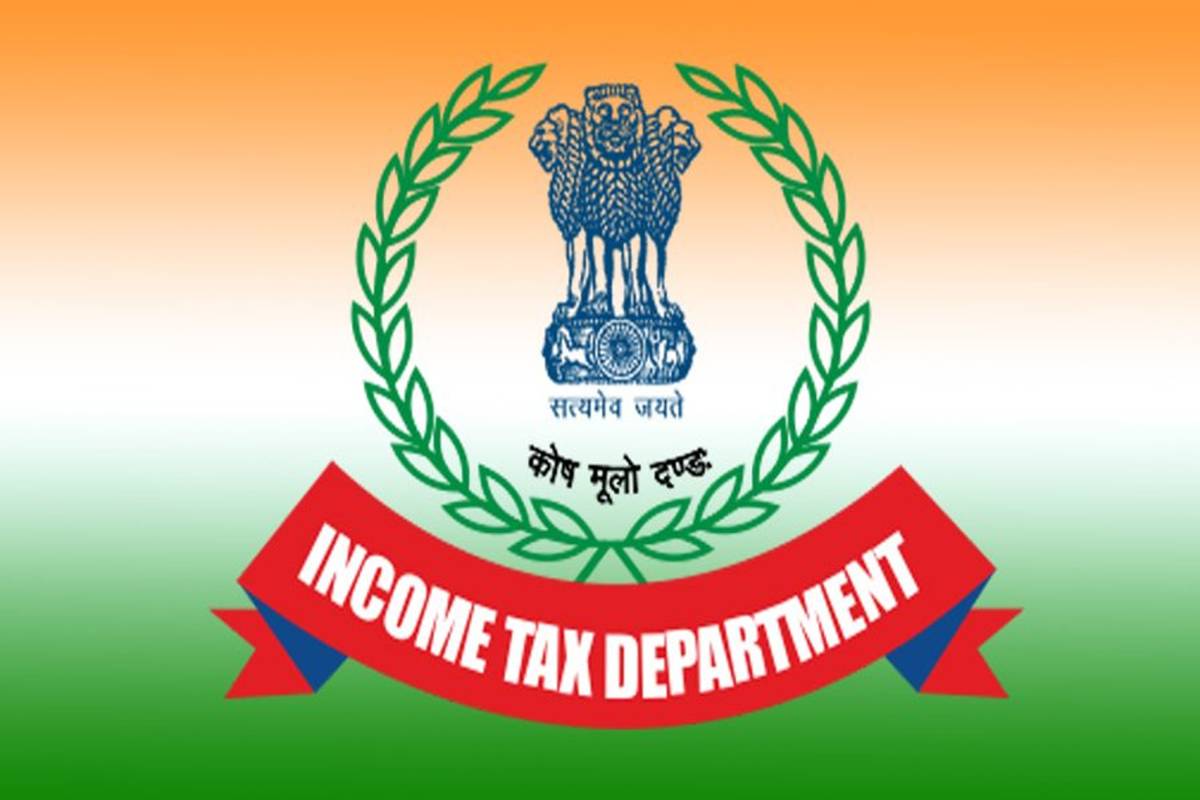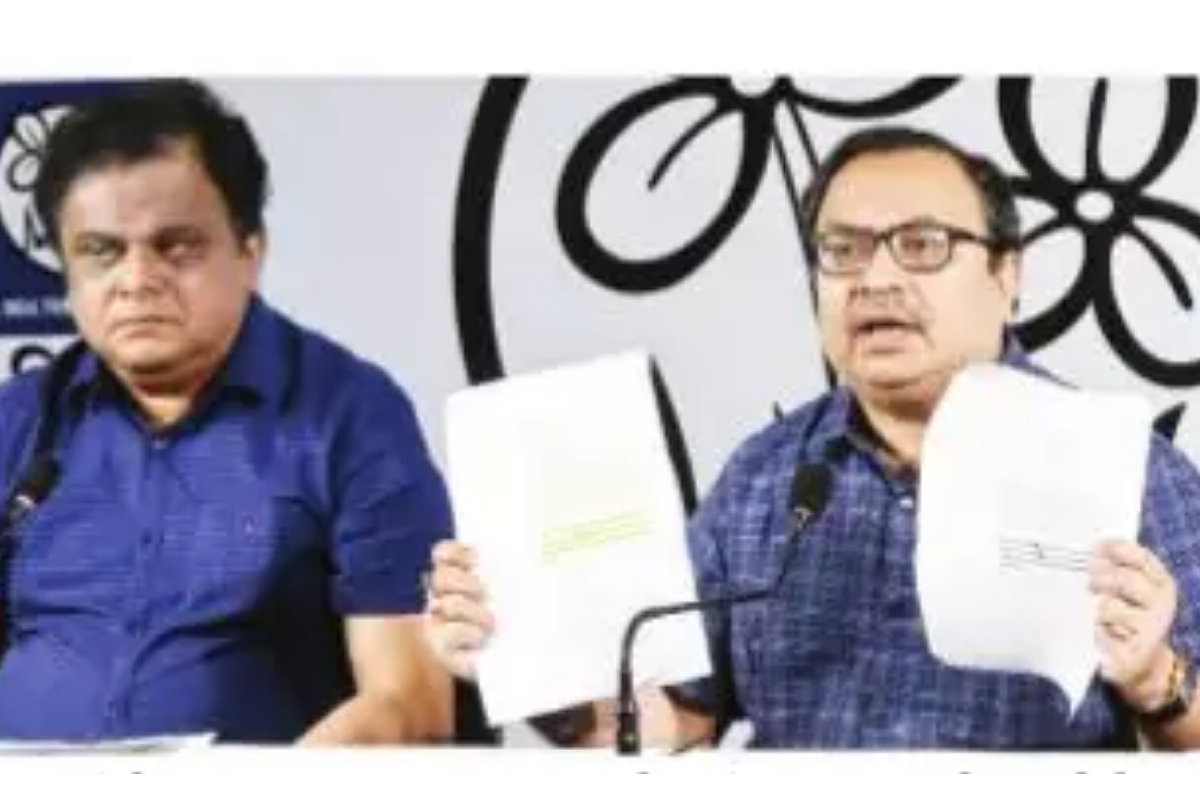Films to sensitise people on social issues
A seminar titled, Understanding Films: A Paradigm Shift was held at Women’s College Calcutta, today.

A seminar titled, Understanding Films: A Paradigm Shift was held at Women’s College Calcutta, today.

There is a lot of Calcutta in Sharma's work, and his keen eye for period details elevates the movie into something romantic.

The Income Tax Bar Association Calcutta, celebrated its centenary at a function held in the Science City auditorium last week.

Taking advantage of the Calcutta High Court order that stopped further investigation on 7 February

The comment betrayed the fact that either the police have failed to give him security or the accused had fled somewhere outside the state.
For Calcutta Walks, the agenda has been to enlighten people about the city and its various nuances, which are not much explored.
The project has successfully funded 48 heart operations for these little superheroes. To add colour to this, they also released a collectors calendar, 'Carnival', featuring rare moments of celebrities with their favourite cars.
Tvesa Malik, will lead the challenge at the 15th Leg of the Hero Women’s Pro Golf Tour at the Royal Calcutta Golf Club.
On his release from jail after the Alipore Bomb trial concluded in May 1909, Aurobindo Ghose launched ‘Karmayogin’, a weekly…
The Calcutta High Court on Tuesday directed the West Bengal government to file an affidavit within 10 days stating the reasons why several candidates were unable to file their nominations for the forthcoming panchayat polls despite a clear order from the court in this context.